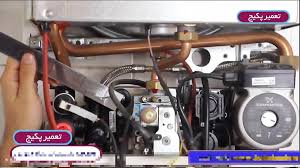In today’s technologically advanced world, inverters stand as silent yet crucial heroes, facilitating the transformation Frequenzumrichter Danfoss SEW Lenze Siemens reparieren lassen of energy across numerous electrical applications. An inverter is an electronic device that plays a pivotal role in converting DC electricity into usable AC power, serving a multitude of purposes across industries and in daily life.
Understanding the Function of Inverters:
At its core, an inverter operates on the principle of changing the direction of electrical flow. When electricity is generated from renewable sources such as solar panels or wind turbines, it’s often in the form of direct current (DC). However, most household and commercial appliances operate on alternating current (AC). This is where inverters come into play, as they bridge this gap by converting the DC power generated into AC power, making it suitable for household use, industrial machinery, and other applications.
Diverse Applications of Inverters:
Inverters find widespread use in various sectors. In the renewable energy domain, solar inverters are integral components of photovoltaic systems, efficiently converting the DC electricity generated by solar panels into AC electricity for home or grid use. Similarly, wind turbine systems utilize inverters to transform the DC output of the turbines into AC power compatible with the electrical grid.
Moreover, inverters have become indispensable in modern transportation, specifically in electric vehicles (EVs). They facilitate the conversion of stored DC energy in batteries to power the vehicle’s motor, enabling smooth acceleration and operation.

